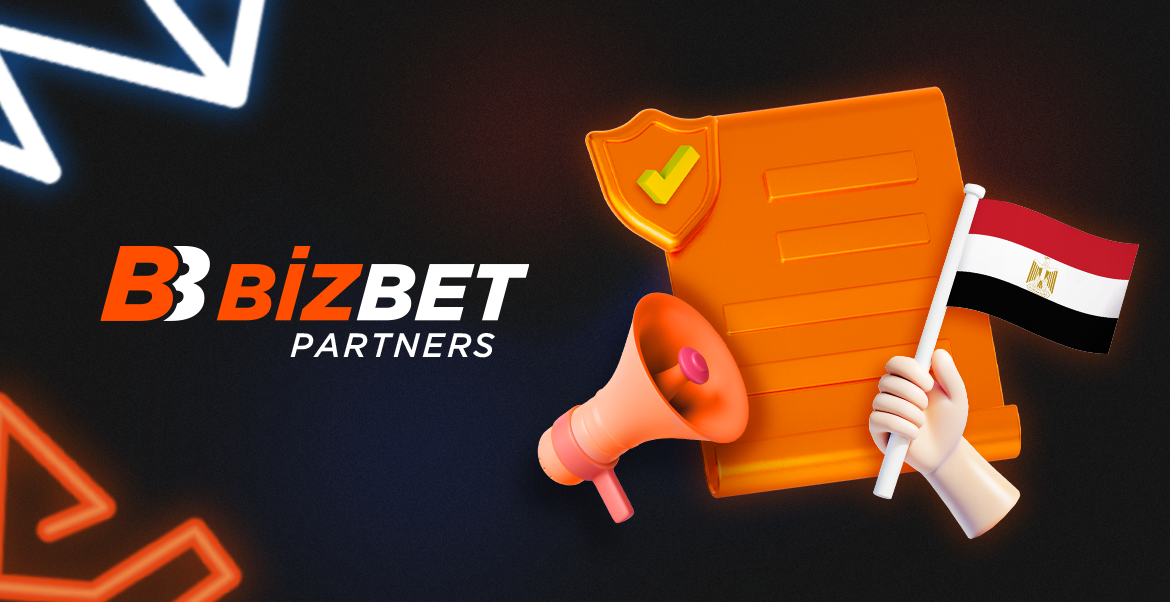Affiliate marketing has become one of the fastest-growing ways for individuals and businesses to generate income worldwide. The question many newcomers ask is simple: is affiliate marketing legit in Egypt? The short answer is yes. Egypt allows digital business models, including referral and affiliate systems, as long as they comply with local laws. For affiliates, this opens a promising path: you can do affiliate marketing from Egypt both with local brands and through international programs. Still, understanding the legal framework, knowing the most profitable niches, and being prepared for payment challenges are essential before scaling your efforts.
Legal Framework in Egypt
Egypt does not have a single “Affiliate Marketing Law,” but the activity is covered under general commercial, advertising, and digital trade regulations. The country has strengthened its e-commerce and digital advertising oversight in recent years. Affiliates must pay attention to several aspects:
- • Licensing and registration: Individual affiliates generally do not need special licenses, but companies engaging in affiliate activities may need to register as a business entity and declare income.
- • Advertising rules: All digital marketing, including affiliate content, is subject to consumer protection laws. Misleading ads, unverified health claims, or gambling promotions without permits are strictly prohibited.
- • Taxation: Earnings from affiliate marketing are taxable. Egyptian residents are expected to declare this income, whether it comes from local or international sources.
In practice, this means that affiliate marketing is considered a legitimate business activity in Egypt, but affiliates must comply with tax laws, respect advertising regulations, and avoid restricted niches without proper approvals.
Popular Affiliate Opportunities in Egypt
The Egyptian market is diverse, and affiliate marketing thrives across several verticals. E-commerce is the strongest driver: with millions of consumers shopping online via platforms like Jumia, Noon, or Amazon.eg, affiliates can profit by promoting products and capturing commissions on sales. Fashion, electronics, and beauty products lead the way.
Another opportunity lies in travel and hospitality. Egypt attracts millions of tourists every year, and affiliates who partner with booking platforms, airlines, and local tour operators can tap into seasonal demand.
Fintech and digital services are also on the rise. From mobile payment apps to online education platforms, affiliates can earn by promoting services that cater to Egypt’s young, tech-savvy population.
Finally, the iGaming and sports betting vertical deserves a mention. While highly regulated, international operators often run affiliate programs targeting emerging markets. A well-known example is BizBet, which illustrates how betting platforms integrate affiliates into their acquisition strategy. For affiliates, this niche can be profitable, but it requires strict compliance with Egyptian advertising and gambling laws.
Overall, whether you focus on global programs like Amazon Associates or regional offers such as BizBet, the opportunity is there — the key is aligning your choice of partner program with local demand and legal safety.
Payment Methods & Challenges
One of the main questions affiliates in Egypt ask is: how will I get paid? International affiliate networks usually offer PayPal, Payoneer, bank transfers, or even cryptocurrency as payout options.
- • Payoneer is a popular choice for Egyptian affiliates, allowing them to receive USD or EUR payments from global programs and withdraw locally.
- • Direct bank transfers can be used but often come with delays or higher fees.
- • Cryptocurrency payments are offered by some affiliate networks, especially in gaming and fintech, although this method carries volatility risks.
The challenges are real. Currency restrictions, banking delays, and minimum payout thresholds can discourage beginners. Some affiliates also face limits when connecting PayPal accounts to local banks. To overcome these issues, many combine multiple payout methods, keep earnings in stable foreign currencies, or reinvest directly into campaigns rather than withdrawing immediately.
Key Takeaways & Best Practices
Affiliate marketing in Egypt is legal, but success depends on how you operate. A few best practices stand out:
- • Be transparent: Always clarify that your content includes affiliate links, and avoid exaggerated promises.
- • Focus on compliance: Choose programs that clearly state licensing and align with Egyptian regulations, especially in sensitive niches like finance or gaming.
- • Invest in SEO and content: Articles like “Best e-commerce deals in Egypt” or “Top affiliate programs for Egyptian marketers” can drive organic traffic for years.
- • Diversify verticals: Don’t rely only on one niche. Mix e-commerce with services, or test travel alongside fintech offers.
- Manage payouts smartly: Set up Payoneer or bank accounts in advance, and be aware of currency rules to avoid delays.
By combining these steps, affiliates can build long-term, sustainable revenue streams.
So, is affiliate marketing legit in Egypt? Yes, it is. Egyptian affiliates can build profitable careers promoting products and services both locally and globally. The key is to understand the legal environment, pick trustworthy affiliate programs, and stay transparent with audiences. Popular verticals like e-commerce, travel, fintech, and regulated gaming offer solid opportunities, with BizBet serving as a clear case of how betting platforms leverage affiliate power.
While challenges exist in payment processing and compliance, the rewards are real for those who adapt. For affiliates willing to create localized content, respect the rules, and optimize their funnels, Egypt in 2025 is not just an emerging market — it is a land of opportunity.
